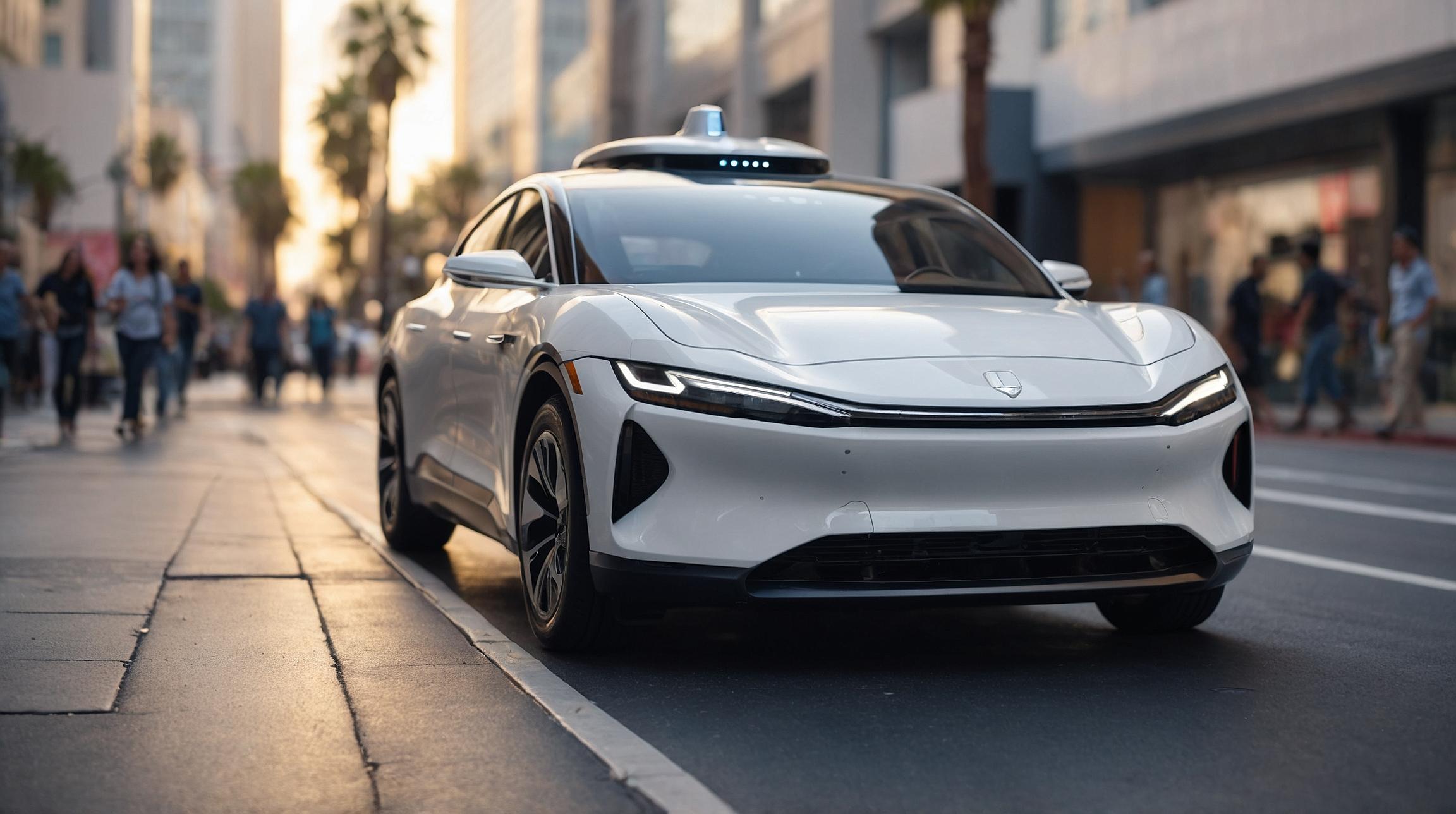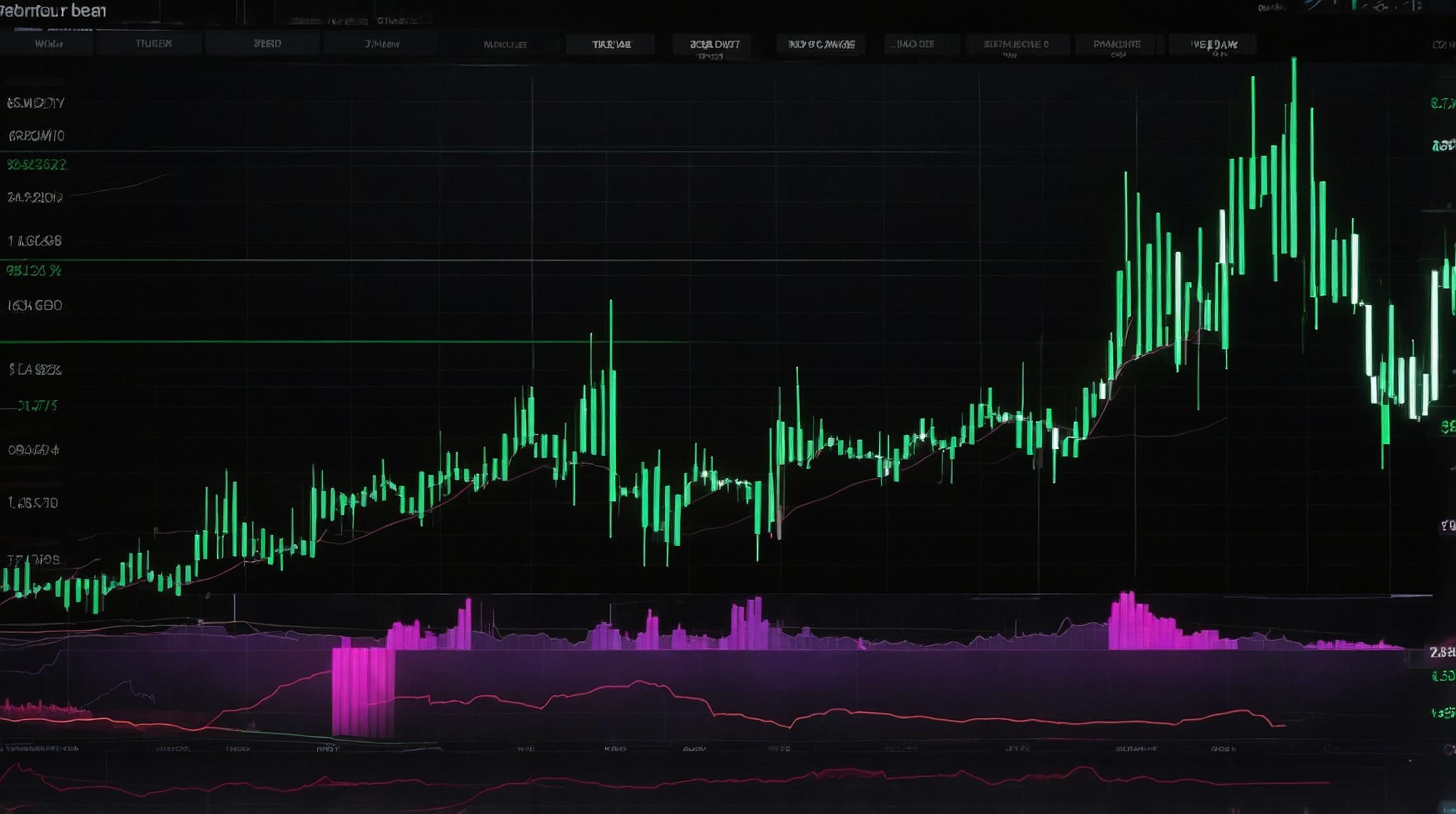WeRide's California Testing Permit
China-based autonomous driving startup WeRide has made significant strides by acquiring permission to test its driverless vehicles with passengers in California. This approval came from the California Public Utilities Commission (CPUC), allowing WeRide to further its ambitions despite looming U.S. restrictions on vehicles with China-developed systems.
The permit, valid for three years, permits WeRide to carry passengers in its test vehicles, both with and without a driver present. However, the company is not authorized to offer rides to the general public or charge any fares during this testing phase.
Regulatory Context and Challenges
The journey to developing and commercializing robotaxis in the U.S. is fraught with challenges, including regulatory hurdles and resistance from local city agencies. The CPUC's approval is a crucial step for WeRide as it navigates this complex landscape.
In comparison, Alphabet's Waymo remains the sole U.S. firm operating uncrewed robotaxis that can collect fares, demonstrating the stringent requirements and limited competition in this space. Meanwhile, General Motors' Cruise has been cautious, resuming tests with safety drivers after a setback involving a vehicle accident.
WeRide's Global Expansion Efforts
Founded in 2017, WeRide's vision extends beyond U.S. borders. The company has secured driverless test permits in other regions, including Singapore and the United Arab Emirates. Not just limited to robotaxis, WeRide is also pioneering autonomous vans, buses, and street sweepers, illustrating its comprehensive approach to autonomous vehicle technology.
Example of Autonomous Technology
To simplify, think of an autonomous vehicle like a smart car that can drive itself without human intervention. It uses advanced sensors and software to navigate roads safely. However, extensive testing, like what WeRide is doing, is crucial to ensure these vehicles operate flawlessly in real-world conditions.
WeRide's recent permit in California is a strategic move as it prepares for a potential $5 billion IPO in New York, marking a significant milestone in its growth trajectory despite geopolitical challenges.













